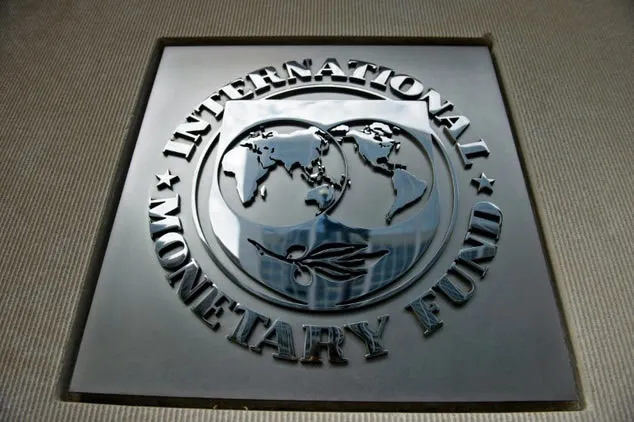THE International Monetary Fund has disclosed that only 24 per cent of loans dirbursed under the Anchor Borrowers’ Programme of the Central Bank of Nigeria have been repaid.
This disclosure was contained in the IMF’s Selected Issues paper on Nigeria, which was prepared by a staff team of the fund as background documentation for the periodic consultation with the country.
It was noted that the document was based on the information available as of the time it was completed on January 12, 2023.
According to the IMF, agricultural credit in the country has not significantly boosted production even though there is the challenge of targeting the right recipients for the credit.
It noted, “The weak effect of agricultural credit on production growth could be associated with difficulties in targeting the correct recipients.”
The IMF noted that although the CBN allows farmers to pay in kind or cash under the ABP, repayments have been very low.
The document read, “For the Anchor Borrowing Programme, repayment is also low at 24 per cent, especially since repayment can be made in kind, thereby limiting the tenor of the loans to one year.
“Part of the problem is that the incentive structure for repayment is weak, the recipient loans are not always well targeted and occasionally the funding is used for other purchases (e.g., new agricultural input trading companies to elicit trading rents).”
It was also noted that the Anchor Borrowers Programme, established in 2016, initially set aside N40bn to support farmers by offering single-digit interest rate loans.
However, over N1tn has been disbursed through mid-2022 from this programme, with CBN providing a rising share of banking system agricultural financing.
The All Farmers Association of Nigeria, in December 2022, said most beneficiaries of the billions of naira released by the CBN under its Anchor Borrowers’ Programme were not Nigerian farmers.
Although the CBN kicked against this claim, AFAN argued that the apex bank was finding it tough to recover the loans because the funds were disbursed to individuals who were not into farming and not captured in the database of the association.
The National Secretary, AFAN, Yunusa Yabwa, said, “Our members have benefitted from the programme, but most people who benefited from the ABP are not Nigerian farmers. I must confess that to you.
“That is why you see today that the CBN, NIRSAL, commercial banks, who were the channels for the distribution of this fund, are complaining that these beneficiaries are not repaying the loans.”


